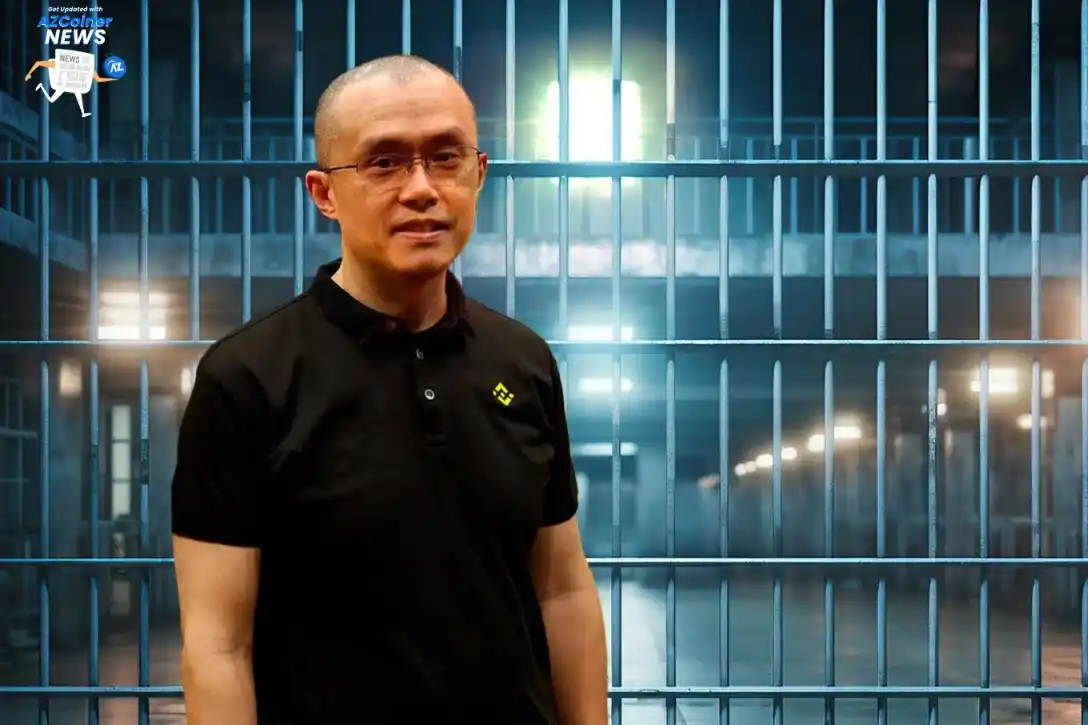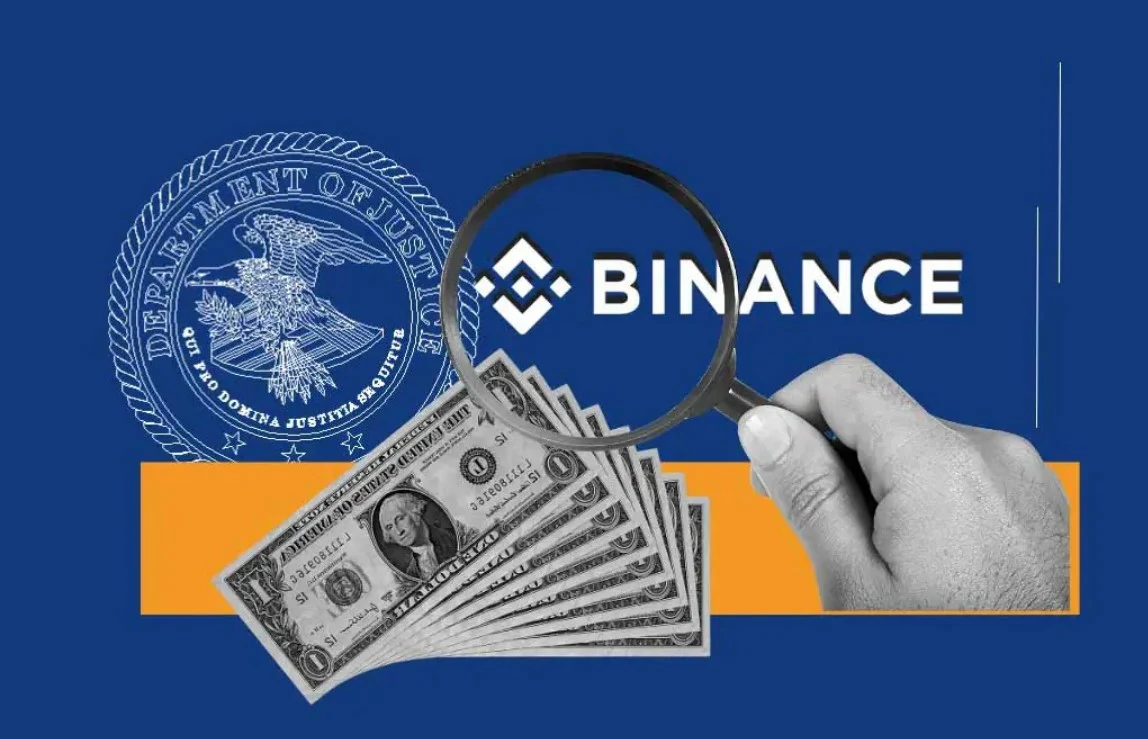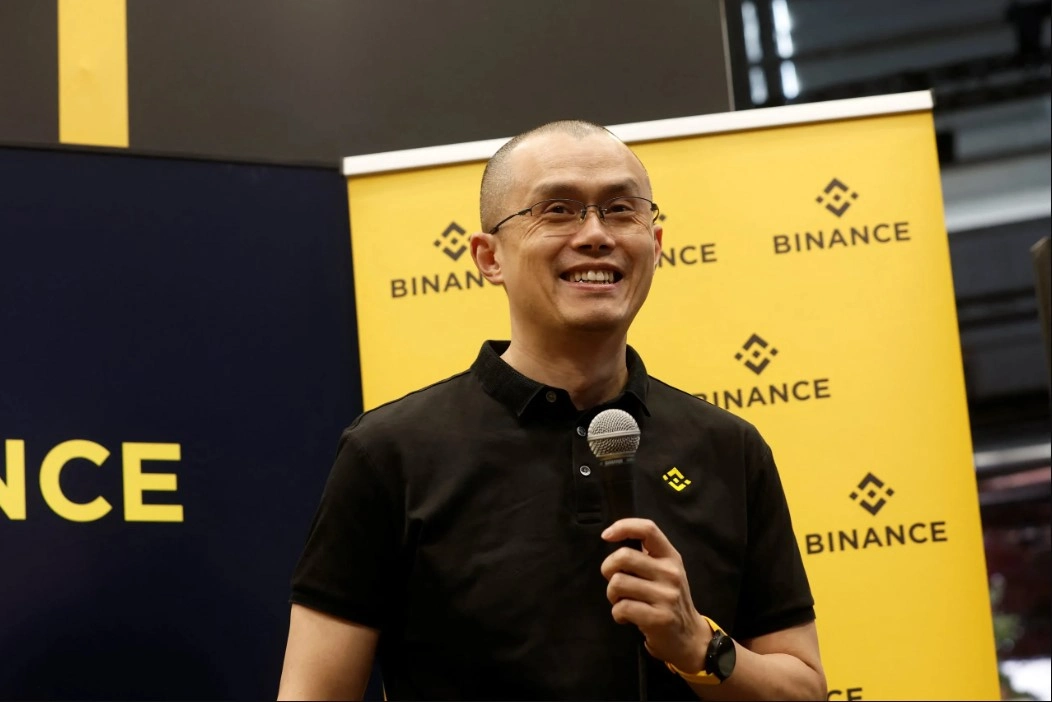Changpeng Zhao, the former head of Binance, is facing the possibility of spending up to ten years behind bars, according to recent court filings by the US Department of Justice (DOJ).
Zhao has pleaded guilty to violating the Bank Secrecy Act, with the charge stemming from Binance’s involvement in a vast global criminal enterprise, as outlined by the DOJ. In a landmark move, Binance agreed to a hefty $4.3 billion fine, marking a significant milestone in the histories of both the US Treasury and FinCEN. Additionally, as part of a plea agreement, Binance committed to a comprehensive set of compliance, monitoring, and cooperation measures.
Despite Zhao’s assertion that the resolutions with US agencies do not accuse Binance of misappropriating user funds or engaging in market manipulation, legal experts foresee a minimum-security prison term of 12 to 18 months for the former CEO. The recent DOJ filing also underscored concerns about Zhao’s potential flight risk, citing his UAE citizenship and substantial wealth.
DOJ Concerned About CZ Fleeing to the UAE
The DOJ is advocating for strict pre-sentencing restrictions, emphasizing that the United States can argue for a sentence ranging up to the statutory maximum of ten years. To mitigate flight risk, the DOJ lawyers are urging the court to mandate Zhao’s presence in the continental United States between his plea and sentencing, expressing doubts about the UAE’s willingness to extradite him in the event of his non-return.
The DOJ’s position follows a controversial decision by Magistrate Judge Brian Tsuchida, who allowed Changpeng Zhao to reside in the UAE until two weeks before sentencing.
Judge Tsuchida underscored that Zhao’s actions spoke louder than concerns, noting that Zhao had no obligation to come to the US but chose to do so with the intent of resolving the case rather than evading it. The judge, considering Zhao’s voluntary surrender, intent to resolve the case, and the substantial bail package proposed, concluded that Zhao posed no flight risk even while residing in the UAE.
However, the DOJ expressed frustration, emphasizing the unusual nature of permitting a billionaire defendant to face imprisonment while residing in a non-extraditing country with significant freedom.
Related: Binance Facilitated Financial Transactions to Hamas and Other Militant Groups
Zhao’s case is further complicated by Binance’s severe violations, including its failure to prevent transactions with terrorists and other criminals. The DOJ accused Zhao of facilitating heinous crimes, drawing parallels between Binance’s actions and acts of mass destruction.
Scheduled for February 23, 2024, Zhao’s sentencing hearing awaits a pivotal decision by Judge Richard A. Jones on Zhao’s pre-sentencing travel arrangements. While Zhao’s legal team may advocate for leniency, the DOJ is likely to seek a sentence that serves as a deterrent against future cryptocurrency-related money laundering.
Former SEC official John Reed Stark expressed concerns, suggesting that if Zhao fails to cooperate, violates plea conditions, or takes actions to disrupt the plea arrangement, and if the DOJ doesn’t secure a sentence deterring future money laundering in the cryptoverse, the plea deal could backfire on the DOJ.









